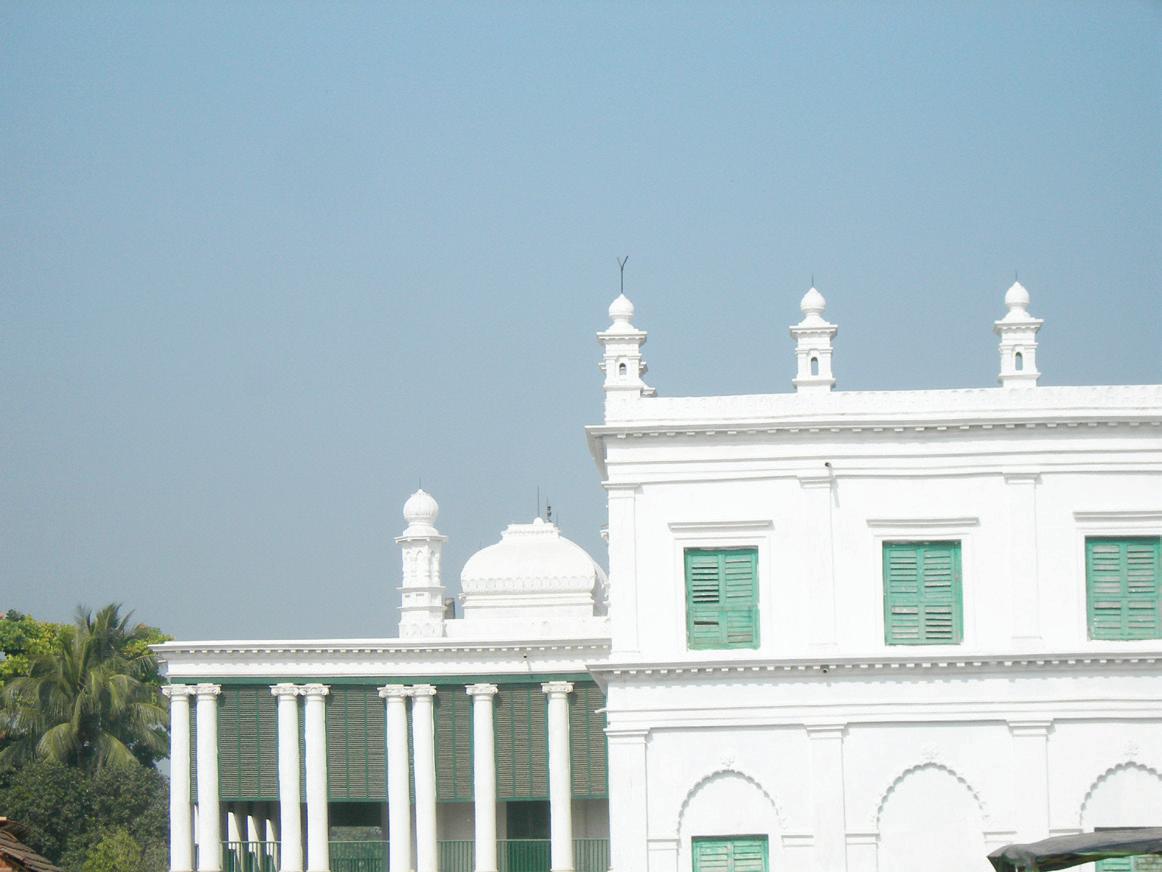
1 minute read
EXPERIENCE THE SERVICE
from 2011-08 Sydney (1)
by Indian Link
Make
We also speak Hindi, Punjabi, Gujarati, Urdu, Farsi, Dari, Pashto, Tamil and Spanish. Solicitors & Consultants: Sayar Dehsabzi, Siddique Panwala, Dr. Jyoti Bharti and Cesar Montenegro
Migration Agent: Jay Hosur - MARN No: 0002497
Migration: MRT, RRT and Federal Court Work. Contact us for free consultation: P - 9635 5566 • M – 0419 492 478
Suite 5, Level 4 – 91 George St PARRAMATTA NSW 2151 www.dehsabzilawyers.com.au



Session 2 CPA PROGRAM Tuition Support
Professional & Foundation Level
ON-LINE &/or FACE to FACE CLASSES
For further information visit www.pdlacademy.com.au or call +61-2-66825580


Professional Development & Learning Academy
Registered CPA Tuition Providers
BY SANDIP HOR
In his famous book The Discovery of India, India’s first Prime Minister Jawaharlal Nehru wrote that British rule in India had “an unsavory beginning, and something of that bitter taste has clung to it ever since.” To understand what he meant, take a trip to Murshidabad, located 150 kms away from Kolkata, the getaway city to Eastern India.
Battle sets the ball rolling
Today it is a shabby little district town, but around 300 years ago it was the bustling capital city of undivided Bengal and its surrounding regions. Situated on the banks of River Bhagirathi, Murshidabad was established in 1717 by Nawab Murshid Quli Khan and earned a place in history books as the venue of the “Battle of Plassey”. This was fought in 1757 between the Nawab Siraj-Ud-Daula and Lord Clive of East India Company in a nearby mango grove.
The town’s most tourist-infected venue is the Hazarduary Palace, a three-storied edifice of Italian architectural style, fitted with 900 real and 100 artificial doors (‘hazarduary’ literally means a thousand doors), guarding 114 rooms

The outcome of this battle changed the fate of the nation for centuries after, and its history still remains very interesting. At that time, India was ruled by the Mughals from Delhi, but their might was on the wane. From north to south, several independent monarchies dominated within their boundaries. Bengal (including present-day Bangladesh), Bihar and Orissa formed a province ruled by the Muslim Nawabs under the authority from the Mughal Emperor in Delhi.
The British East India Company established a century ago in Calcutta as a trader, had begun to show more interest in territory than trade. They organized an army of their own and built walled bastions in Calcutta, Madras and Bombay. Other European colonizers – the French, Dutch










